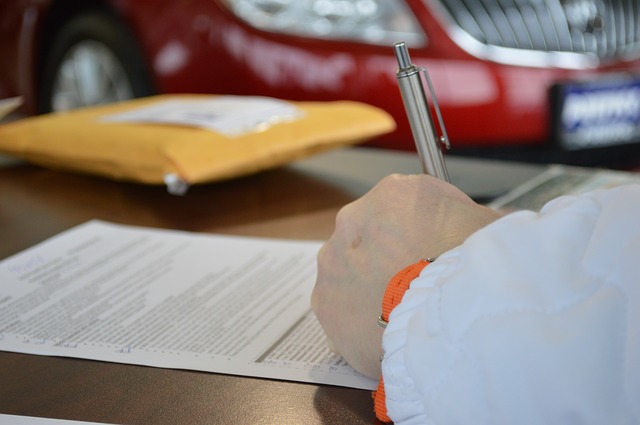A Will is a legal document that determines who receives your assets when you pass away. A key part of estate planning is writing your Will. This is essential if you want to determine who will get your assets in the event of your passing.
If you do not have a valid Will, your estate will be distributed using a set formula. Having a Will is the only way to ensure your assets will be distributed as you desire them to be.
It’s important for you to plan ahead to make sure the distribution of your possessions is exactly as you imagine! Here are some factors to consider when writing your Will.

Requirements of a valid will
In order for your Will to be considered valid it must be in writing, whether it be handwritten, typed, or printed. You will also need to sign your Will; it must contain your signature, preferably at the end of the document.
Two witnesses must be present when you sign, and they must also sign in your presence. If you do not follow these requirements, your Will may not be enforceable!
Your Will can also be challenged if people such as your spouse or children are not appropriately provided for in it. Speak to your family lawyer to ensure that your Will is completely valid.
The executor of your will
In order to ensure that your Will is carried out as you wish, when making it, you should appoint someone you trust as an executor. Your executor is in charge of handling your affairs after you pass away.
You can appoint more than one person as your executor, and it could be anyone you trust, such as your spouse, relative, friend, or solicitor. However, before appointing them, you should first ask them whether they are prepared to take on the role.
Changing your will

You can change your Will at any time by either writing a new one or making a codicil. It is recommended that you write a new one unless you are only making minor alterations, in which case a codicil is appropriate. A codicil must also be witnessed and signed by two people.
If you marry or divorce after writing your Will, you should write a new one as such events can affect the validity of your Will unless you wrote it with such situations in mind.
Keeping it in a safe place
It is essential for you to keep your will in a safe place. You should also make copies of it and keep them in your possession, with a note of where the original is kept.
Your family lawyer may have safe storage options that will ensure a higher level of security.





